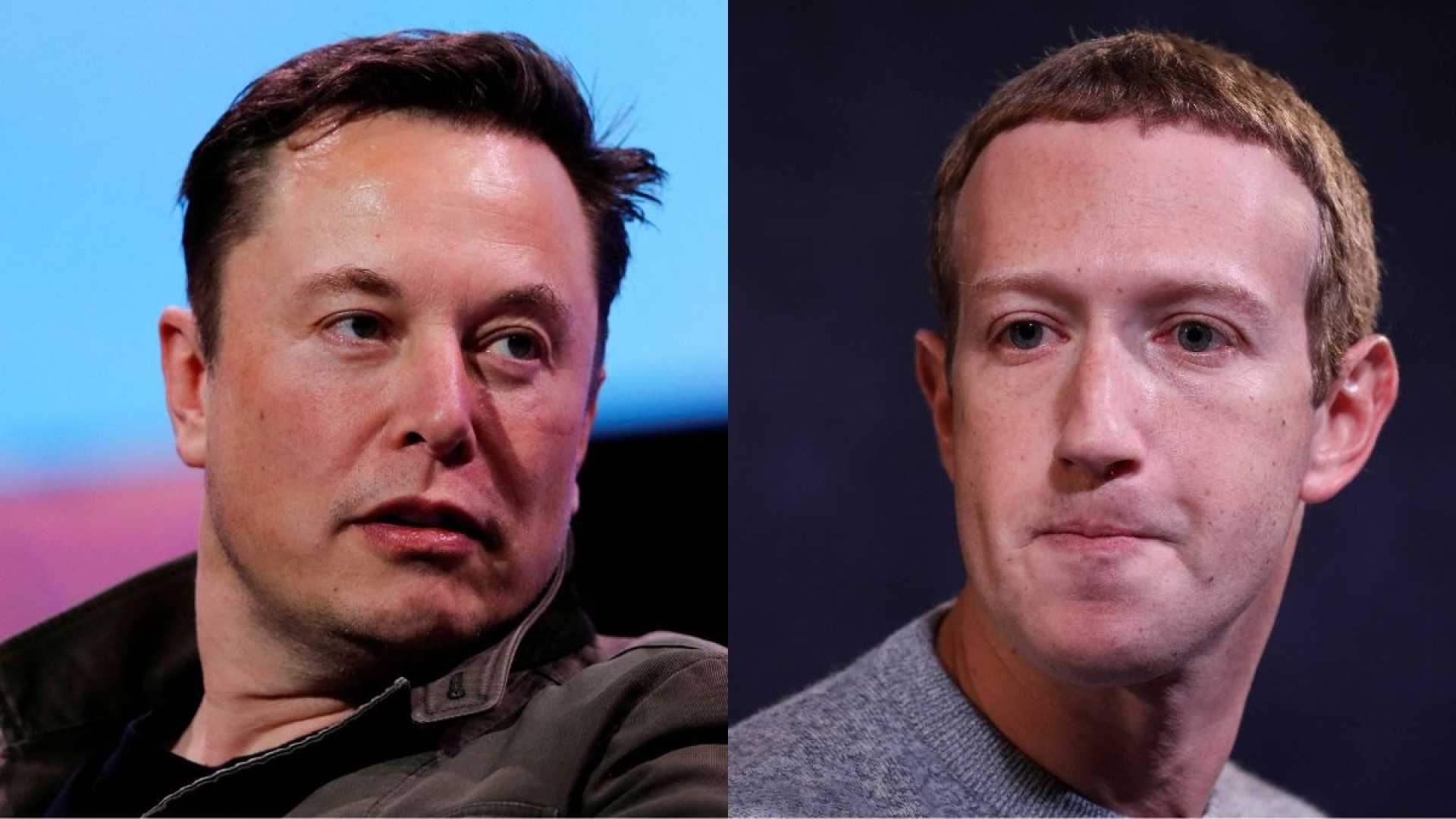Tech
Tech Titans Fuel Misinformation Crisis as Social Media Runs Amok

LOS ANGELES, Calif. — As wildfires ravaged Los Angeles last week, a familiar pattern emerged: social media platforms amplified baseless claims blaming the disaster on state policies, while tech giants Elon Musk, Mark Zuckerberg, and Jeff Bezos continued to profit from the chaos. The incident underscores a growing crisis as misinformation spreads unchecked across platforms like Facebook, Twitter (now X), and Amazon-owned services.
“We’re willing victims of grotesque manipulation,” said Diane Carman, a Denver-based communications consultant and former journalist. “The social media barons know we can’t handle the truth, and they’re immune to the consequences.”
The problem traces back to 1996, when Congress passed Section 230 of the Communications Decency Act. The law, originally aimed at regulating online pornography, granted sweeping immunity to internet platforms for content posted by users. At the time, social media didn’t exist, and lawmakers couldn’t foresee how the provision would enable the spread of dangerous misinformation.
“It’s open season for lying,” said Steve Zansberg, a prominent First Amendment lawyer in Denver. “Section 230 grants immunity for blatant propaganda and a tsunami of deception.”
While traditional media outlets like Fox News face legal consequences for spreading falsehoods — as seen in their $787 million settlement with Dominion Voting Systems — social media platforms operate with impunity. Zuckerberg’s Meta, which owns Facebook and Instagram, recently announced it would no longer moderate content, allowing racist, antisemitic, and dangerous posts to circulate freely.
The consequences are dire. During the COVID-19 pandemic, misinformation about vaccines and treatments contributed to thousands of preventable deaths. Climate change deniers flood X (formerly Twitter) with false claims, while foreign actors use these platforms to interfere in elections and spread propaganda.
“Government should rise to the occasion and fulfill its duty to protect the public’s health and welfare,” Zansberg argued in a Medium post last year. He proposed a hypothetical scenario where influencers convinced children to eat Tide laundry pods, resulting in mass illness or death. “Should this kind of dangerous disinformation qualify for First Amendment protection?”
Despite the growing crisis, there’s little appetite in Congress to reform Section 230 or hold social media companies accountable. “I’m deeply skeptical of the role of government to regulate the private dissemination of information,” Zansberg said. “I don’t know a simple solution.”
In the meantime, experts urge the public to approach online information with skepticism. “Tell your kids and grandparents not to believe anything they see on Facebook, Twitter, or Amazon TV without checking reliable sources,” Carman advised. “We need to create little Lindisfarnes of truth in our homes, waiting out this information dark age.”
As wildfires continue to rage and misinformation spreads, the question remains: how many more lives will be lost before action is taken?












